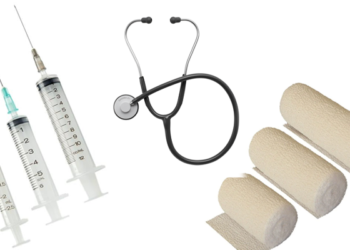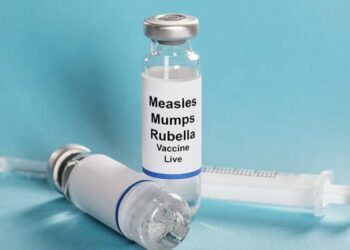BY ANTHONY ADA ABRAHAM, ABUJA
A foundation known for her charitable commitment to humanity and youth development, Mariam Ashley Yusuf foundation in partnership with NAPTIP is set to embark on a 2-day sensitisation and Seminar to hold at the Merit House, Maitama Abuja.
Themed: “Tackling The Multidimensional Vices Ravaging The Nigerian Youths”, Ms Ashly stated that there is need to sensitise the youths and even adults about the dangers it portends. She explained that sexual abuse is any behaviour that involves the use of a person’s body for sexual purposes without their consent.
She said: “This can include touch, sexual assault, and rape, as well as non-physical forms of sexual abuse, such as sexual harassment and exploitation.
“While Human trafficking is a form of modern-day slavery, where people are forced, coerced, or deceived into various forms of exploitation, including sexual exploitation, labour exploitation, and organ harvesting” she stated.
She added that sexual and human trafficking abuse can have severe and long-lasting effects on the physical and mental health, well-being, and dignity of survivor, hence the call to hole this programme at this period. “It is important to raise awareness, provide support, and take action to prevent and respond to these forms of abuse. That is why our organisation is bent on making sure if someone you know has experienced sexual or human trafficking abuse, we’re available to help them in partnership with NAPTIP’, she concluded.
The campaign against human trafficking, drug and sexual abuse is the second edition, and would kick-off with a 2km road walk on May 21 and ends with a Seminar May, 22, 2024.











